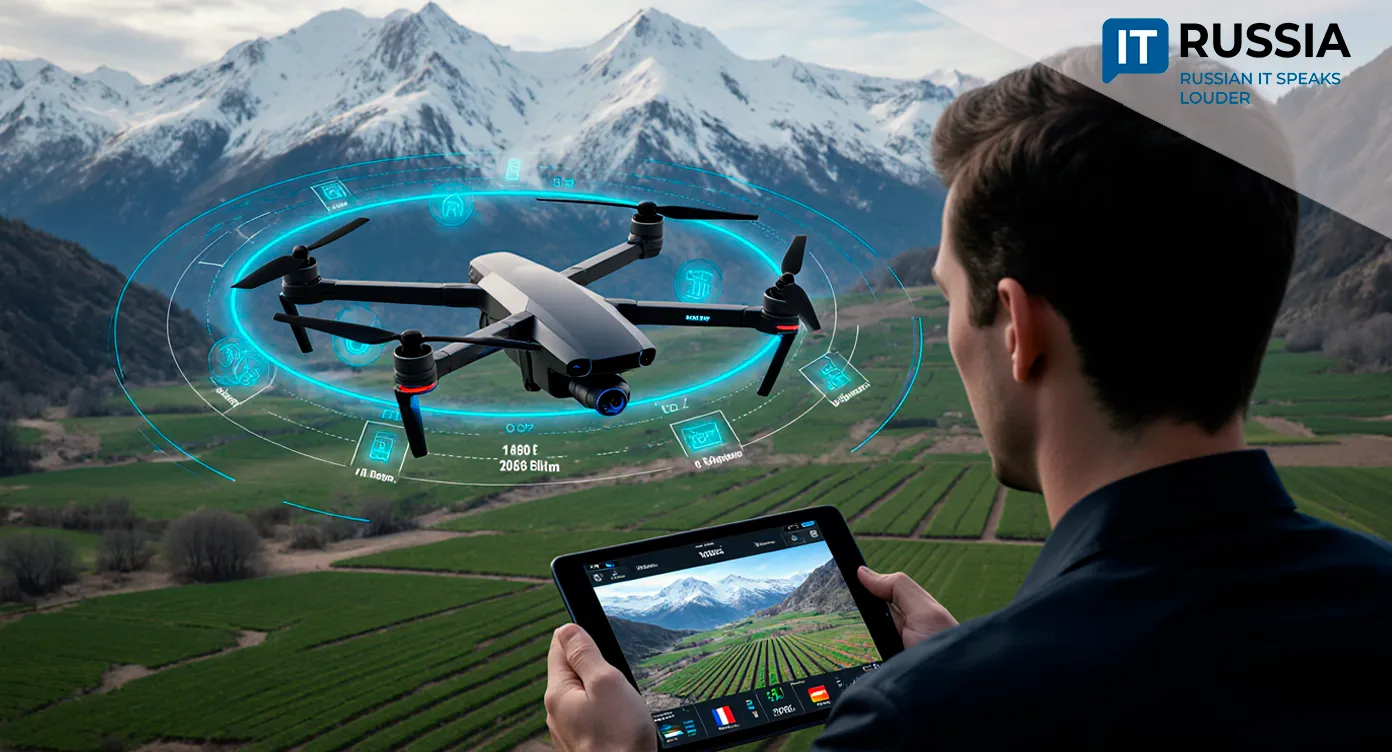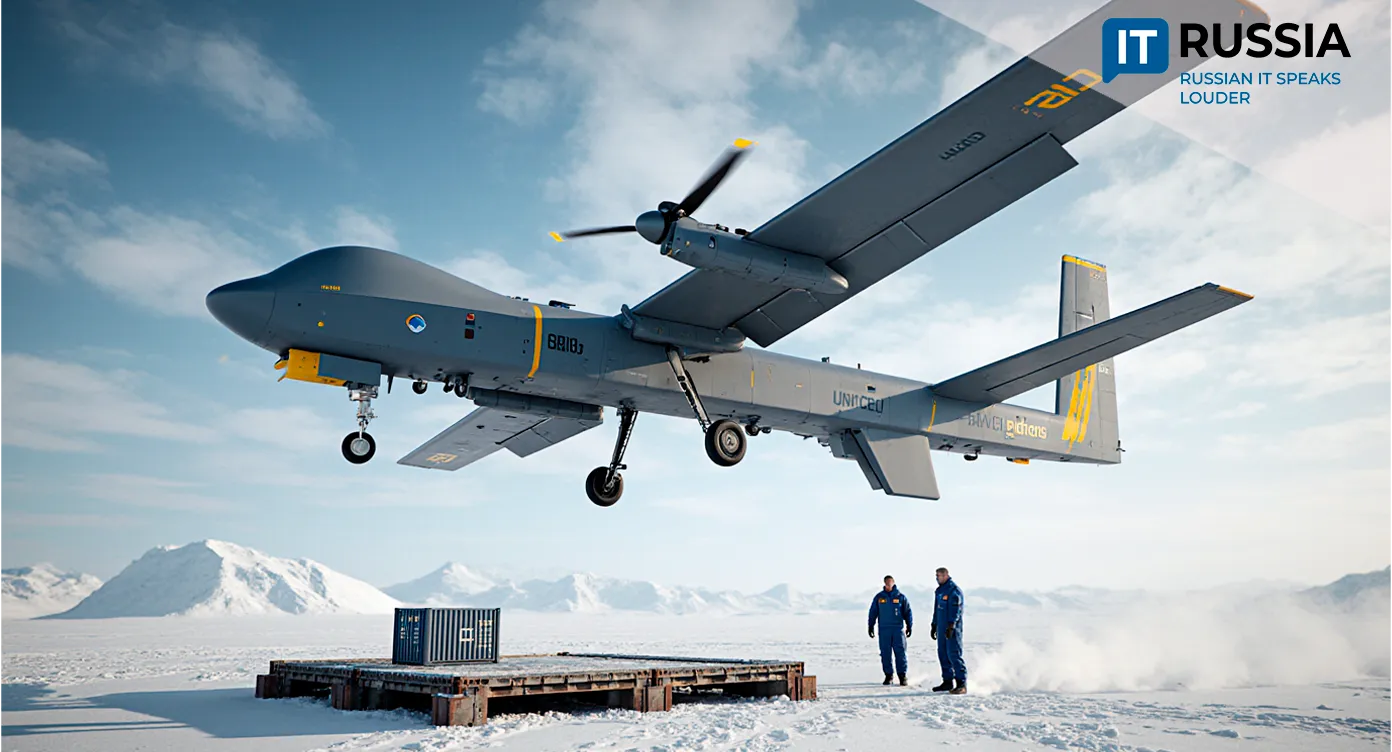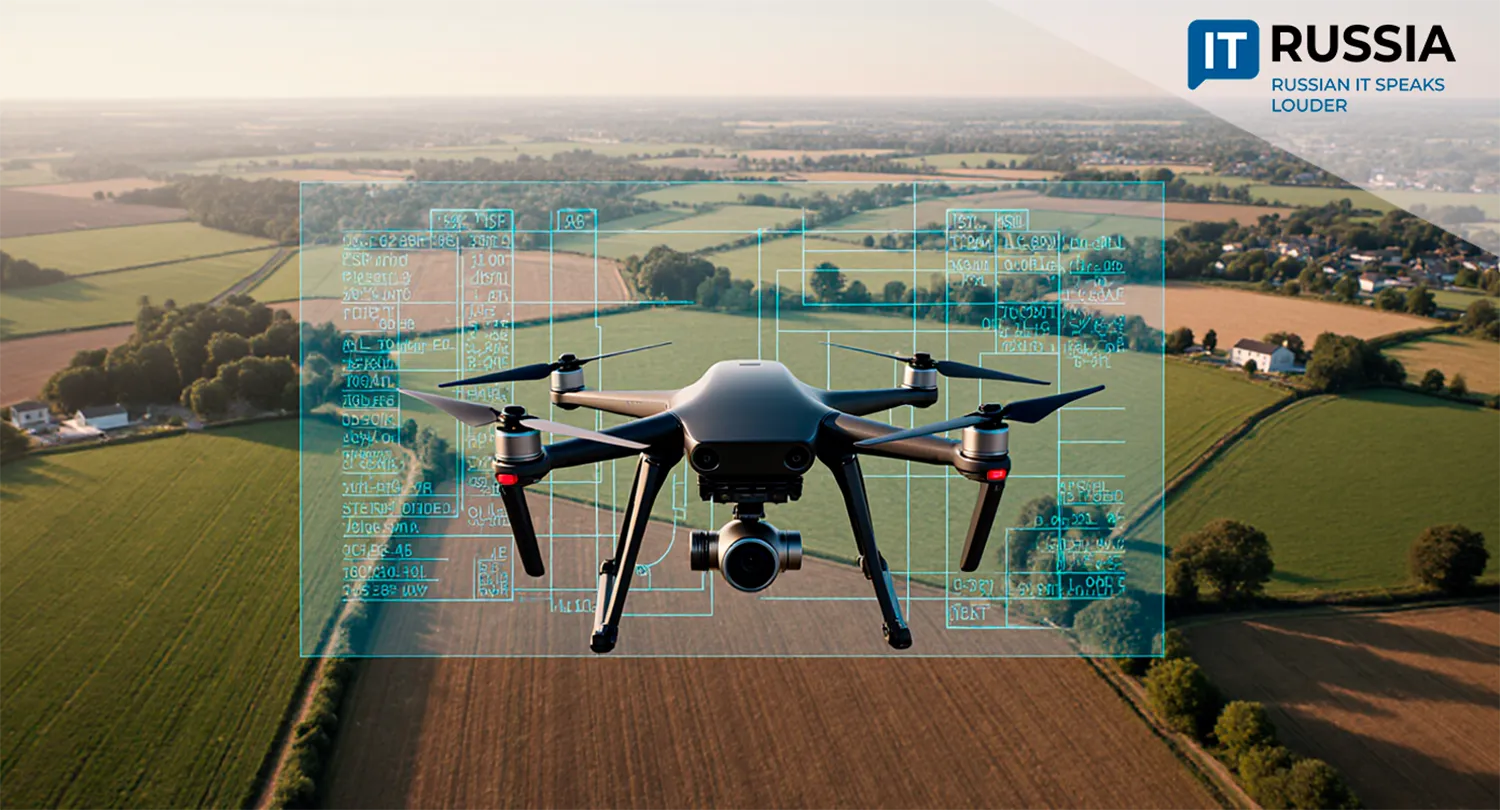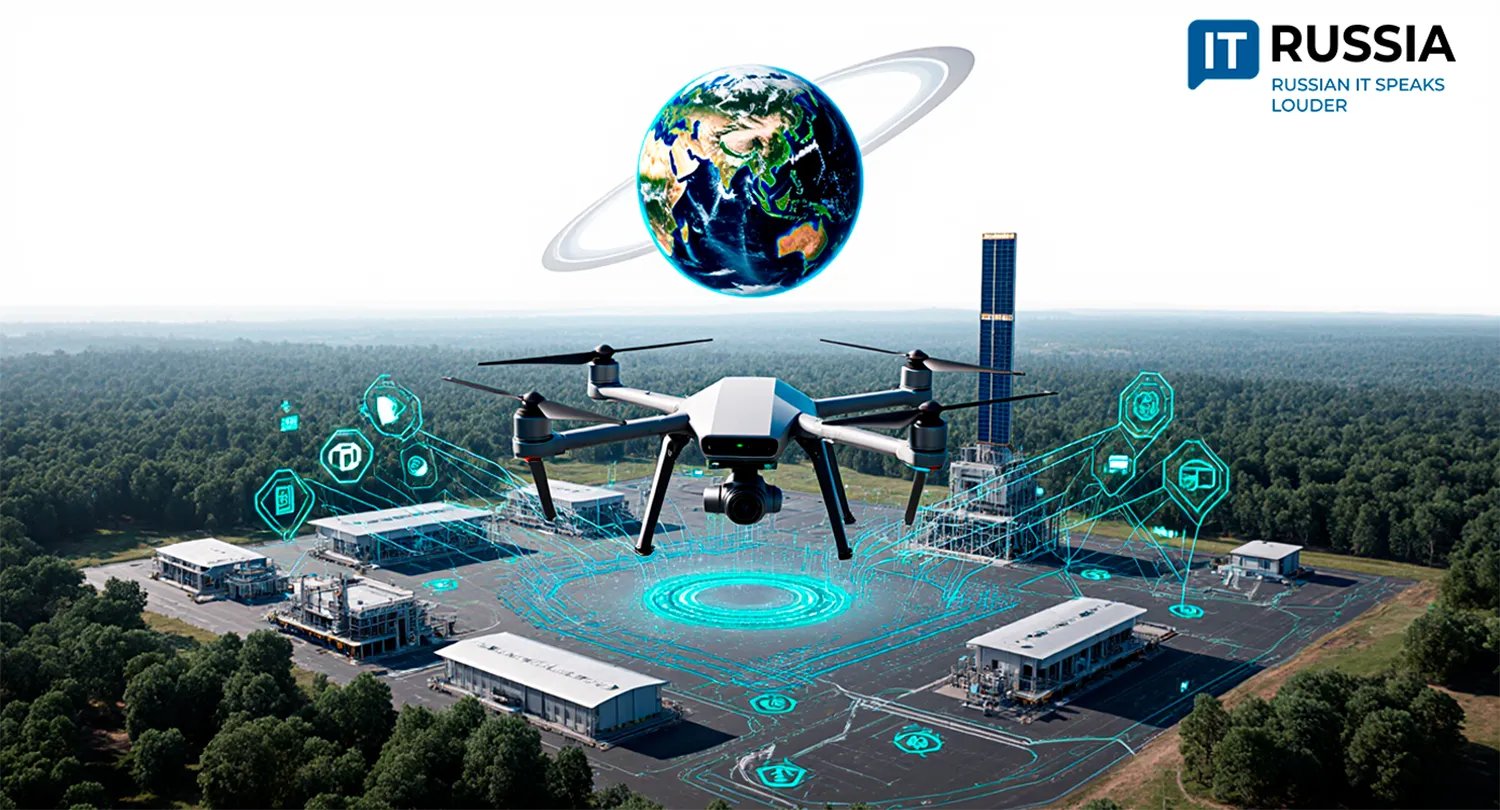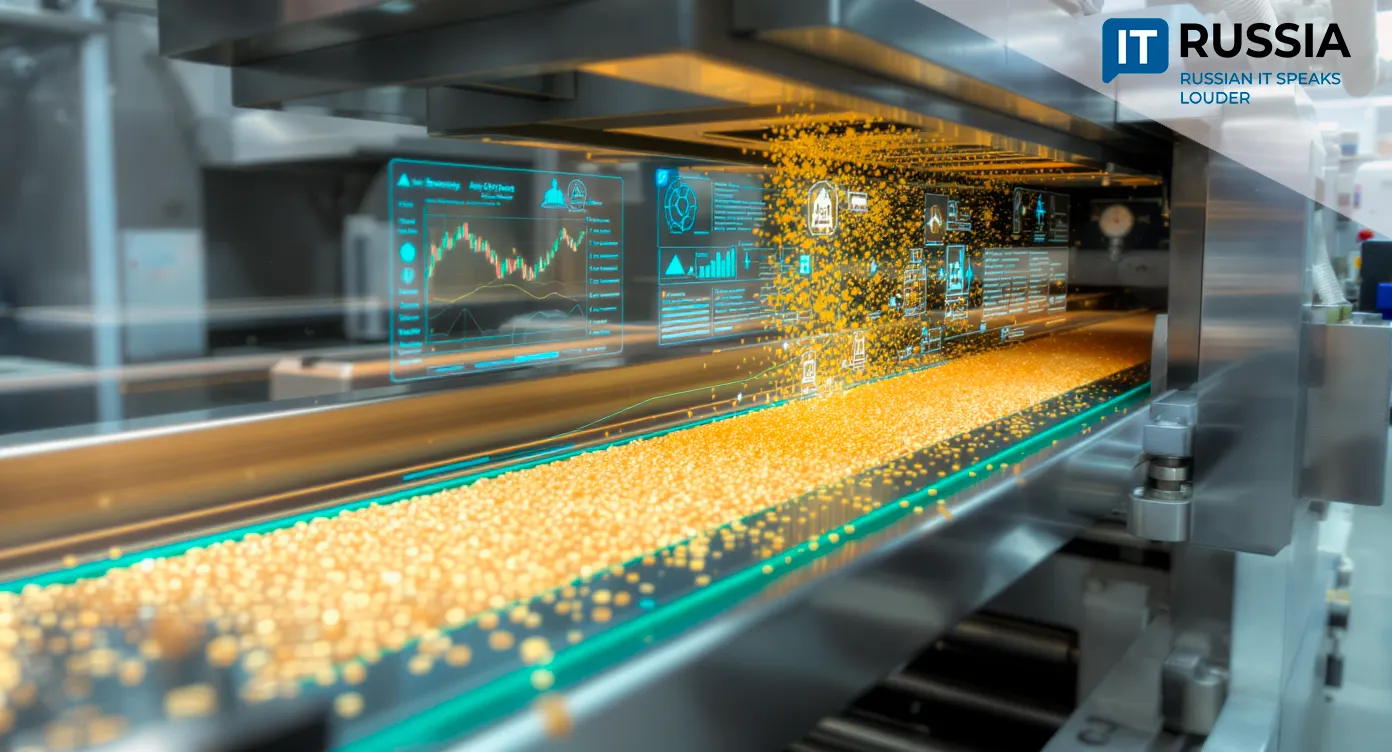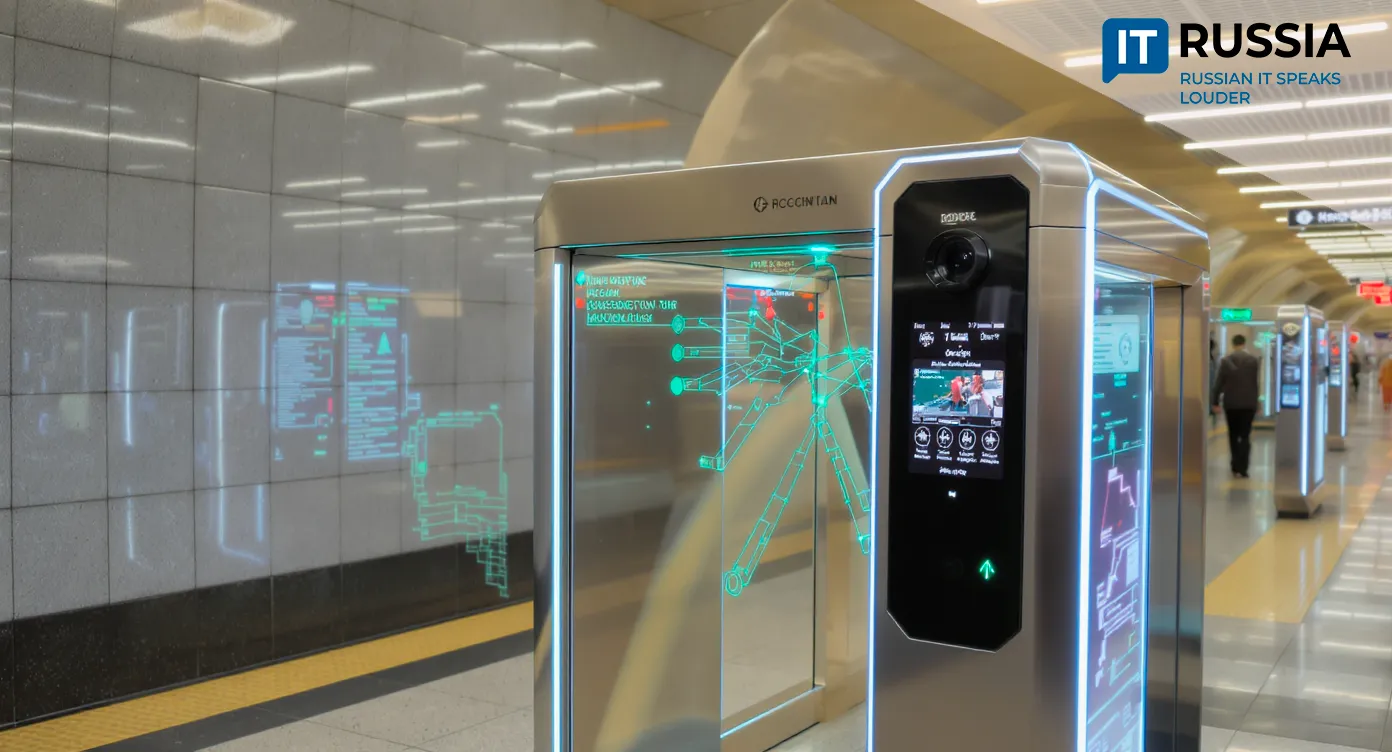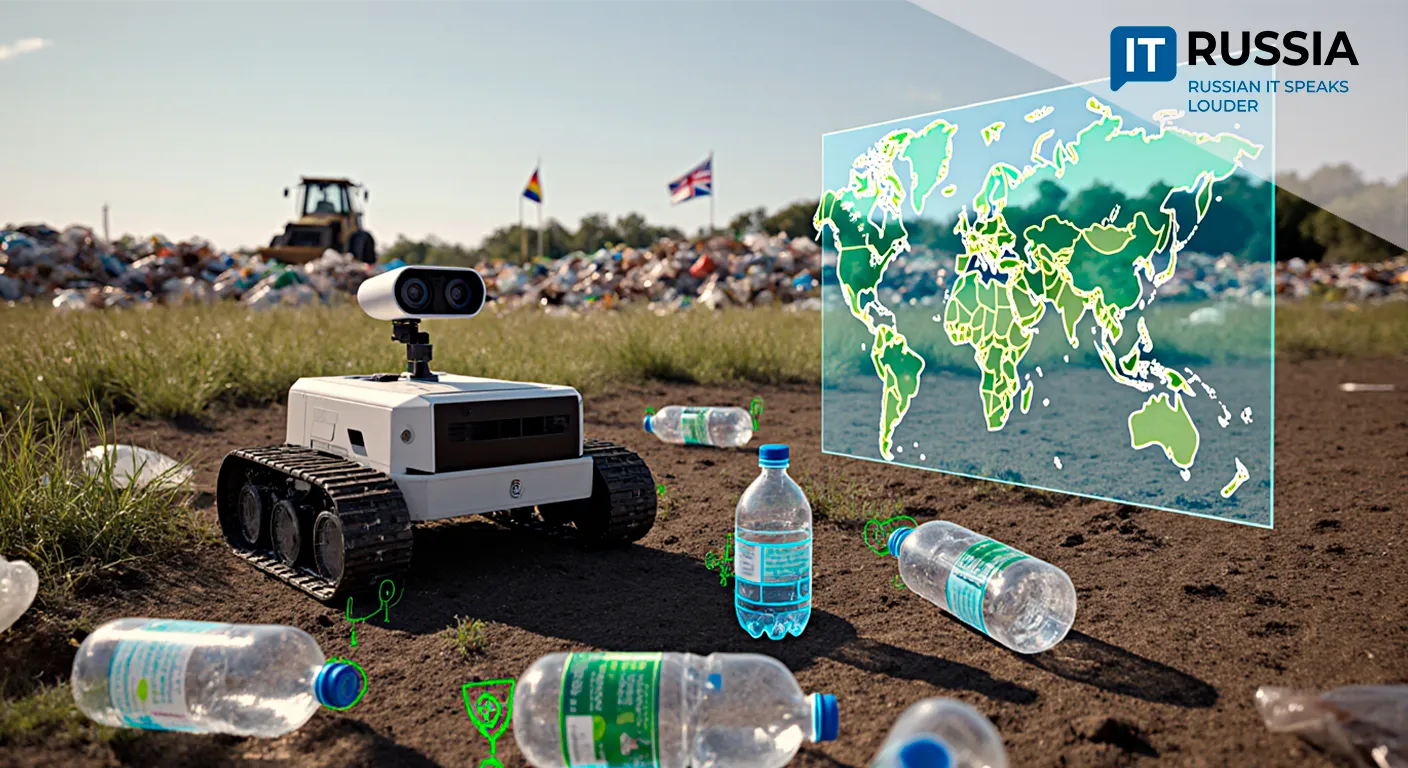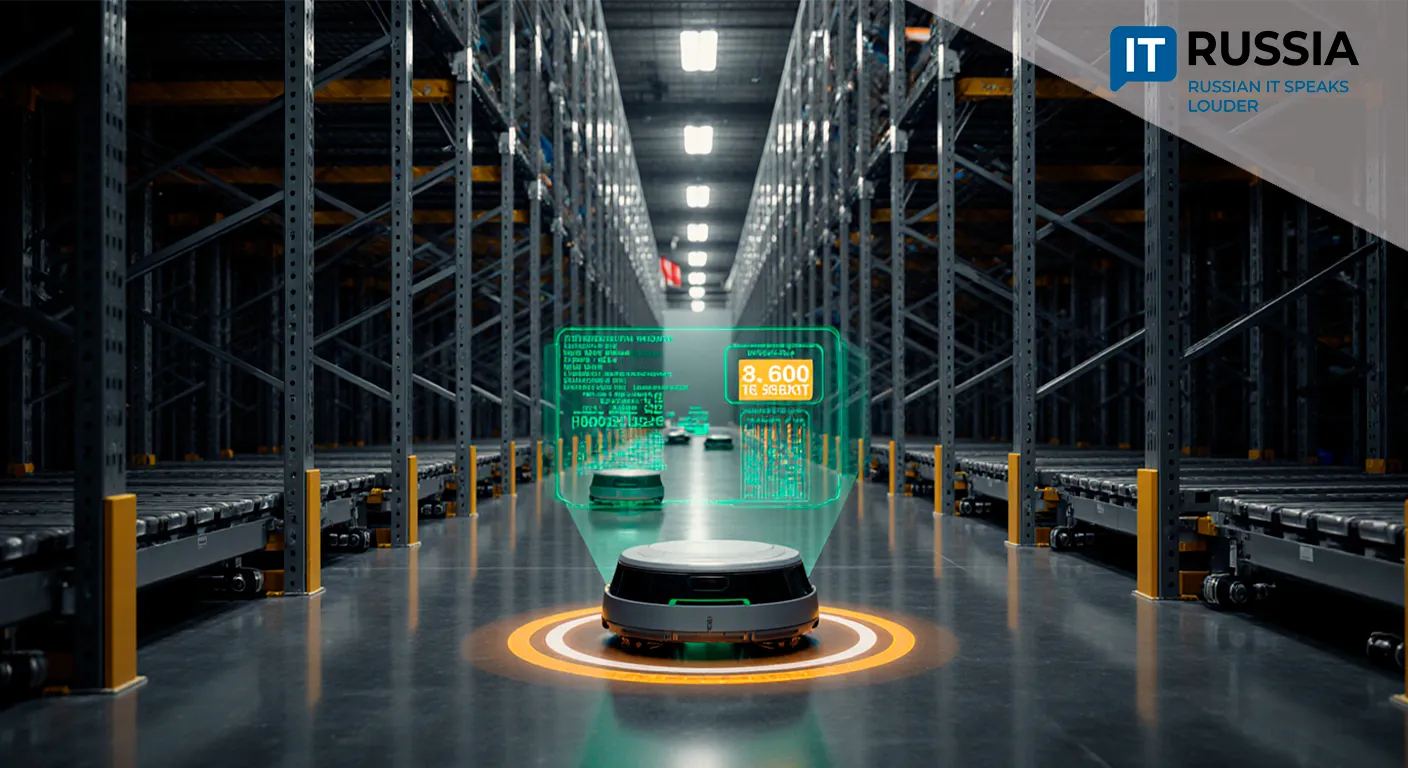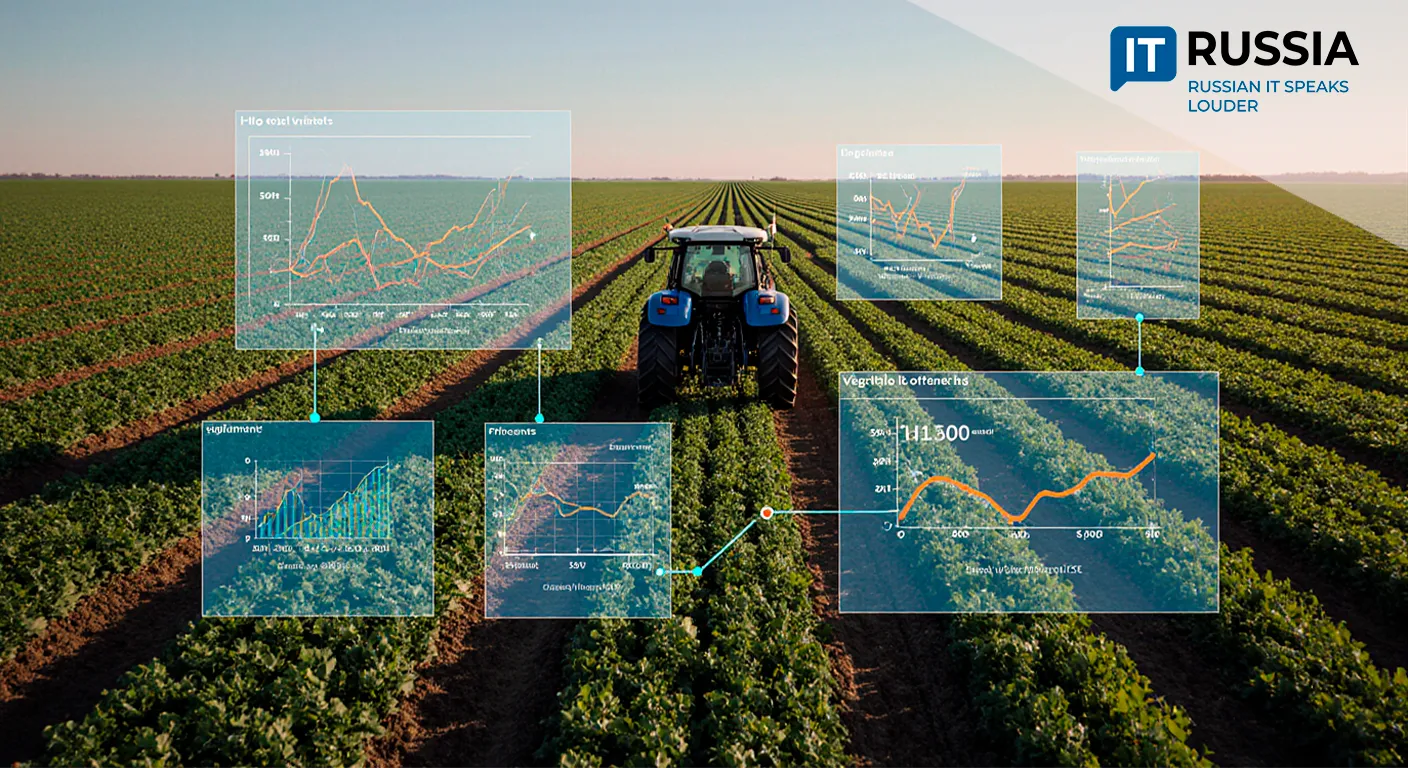Russia on the Path to Large-Scale Automation
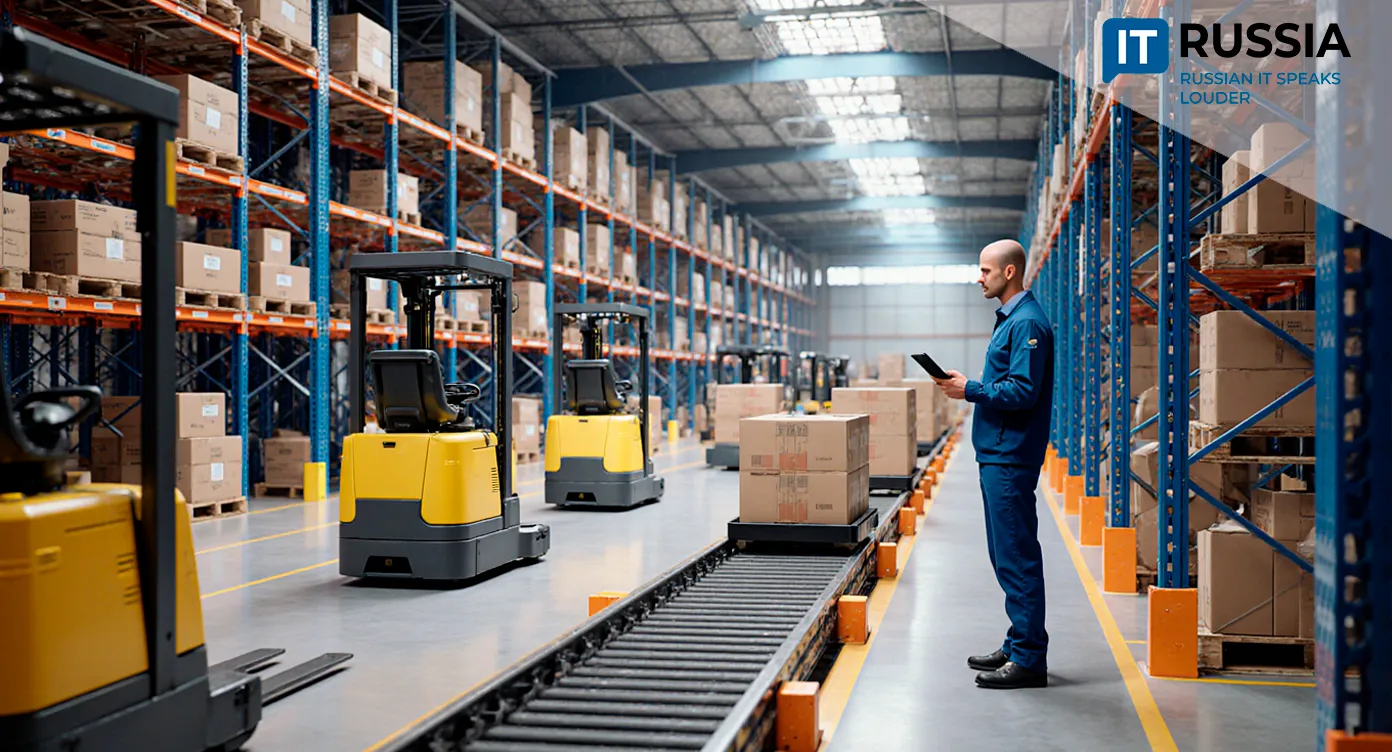
Russia is emerging as one of the hubs for the development and production of logistics robotics.
Efficiency and Reliability
The Russian COMITAS Group has announced the completion of development and the launch of mass production of innovative logistics robots at its plant in Solnechnogorsk, Moscow Region. This milestone marks a significant step forward in the advancement of Russian robotics and the automation of logistics infrastructure.
The new robots are designed for automated cargo sorting and feature a modular architecture, ensuring high flexibility and scalability. This design allows systems to adapt to different warehouse formats—from small distribution centers to large logistics hubs.
To date, about 60 robotic systems have successfully passed trials at customer warehouses, confirming their efficiency, reliability, and readiness for commercial deployment. This achievement enabled the company to move from R&D to full-scale mass production—a critical stage on the road to large-scale automation.
According to the manufacturer, with growing demand for robotic solutions in logistics, production volumes could reach 2,000 units per year. Such capacity opens the door for broad coverage of the domestic market and expansion into international markets.
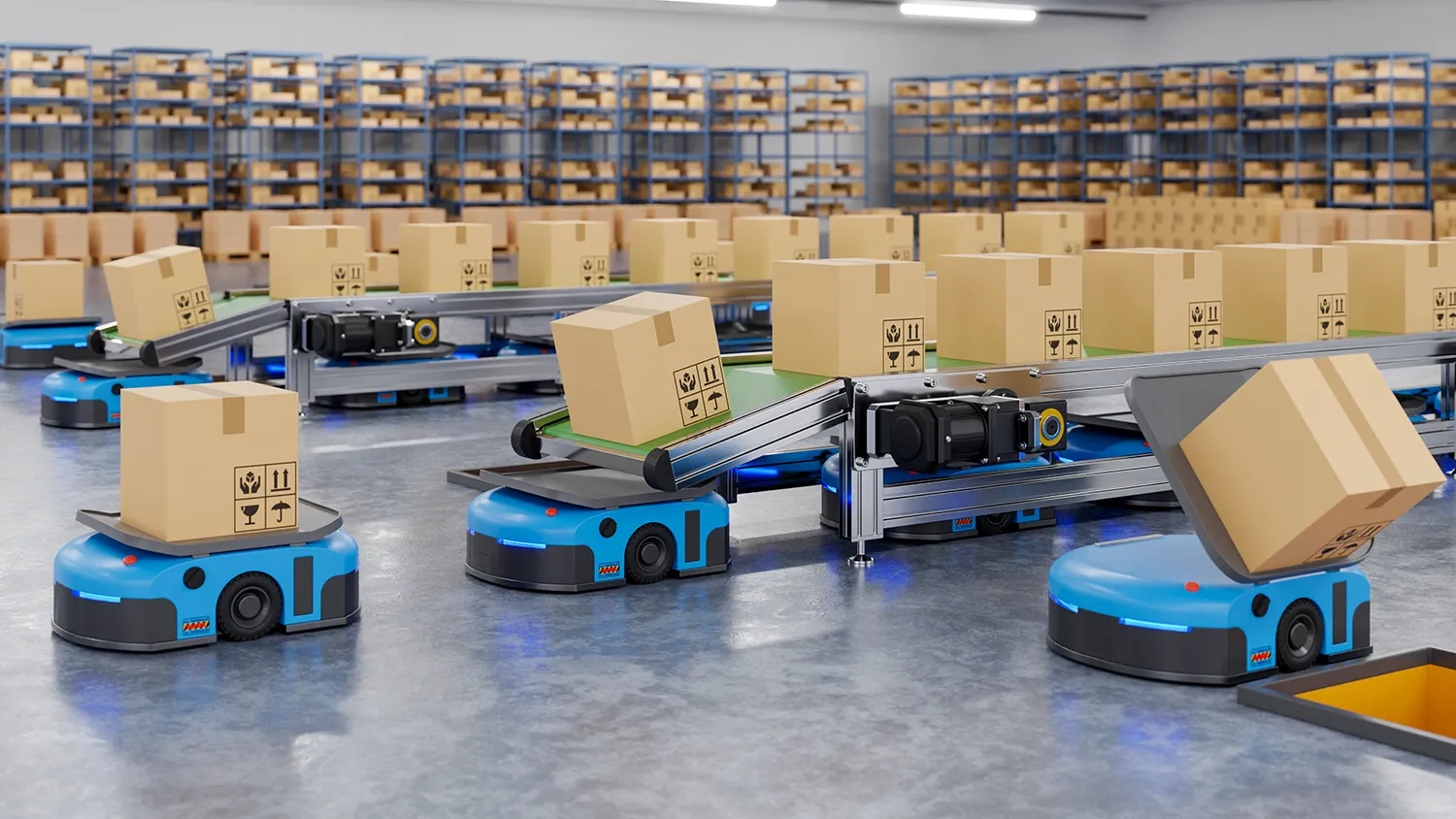
Smart Logistics
As a leading Russian full-cycle systems integrator and equipment manufacturer, COMITAS has been actively developing automation and robotics solutions for logistics since 2014. The company’s logistics robots combine modularity, scalability, and high performance, making them increasingly in demand amid growing interest in smart logistics.
Since 2022, COMITAS has been producing in-house equipment for automating warehouse and production logistics. It develops its own software for all levels of automation systems: PLC, WCS, WMS, and RSC.
For more than 18 years, COMITAS has served the largest companies in Russia and the CIS, offering not just IT solutions but the intelligent backbone for any warehouse. Clients receive modern software fully capable of replacing foreign systems. Importantly, COMITAS delivers end-to-end solutions—from equipment design and implementation to software development, technical support, and post-launch system evolution.
Flexible Solutions for Expanding Logistics Centers
In early July 2025, a federal distribution center for Russia’s leading retail group, Magnit, was opened in Podolsk, Moscow Region. For this facility, COMITAS designed, supplied, installed, and commissioned an automated logistics system.
Notably, all equipment in the Magnit distribution center is made in Russia. The conveyor system implemented for the project was built in-house. The warehouse control software—developed by COMITAS—manages automated conveyors and devices and is integrated with the customer’s WMS.
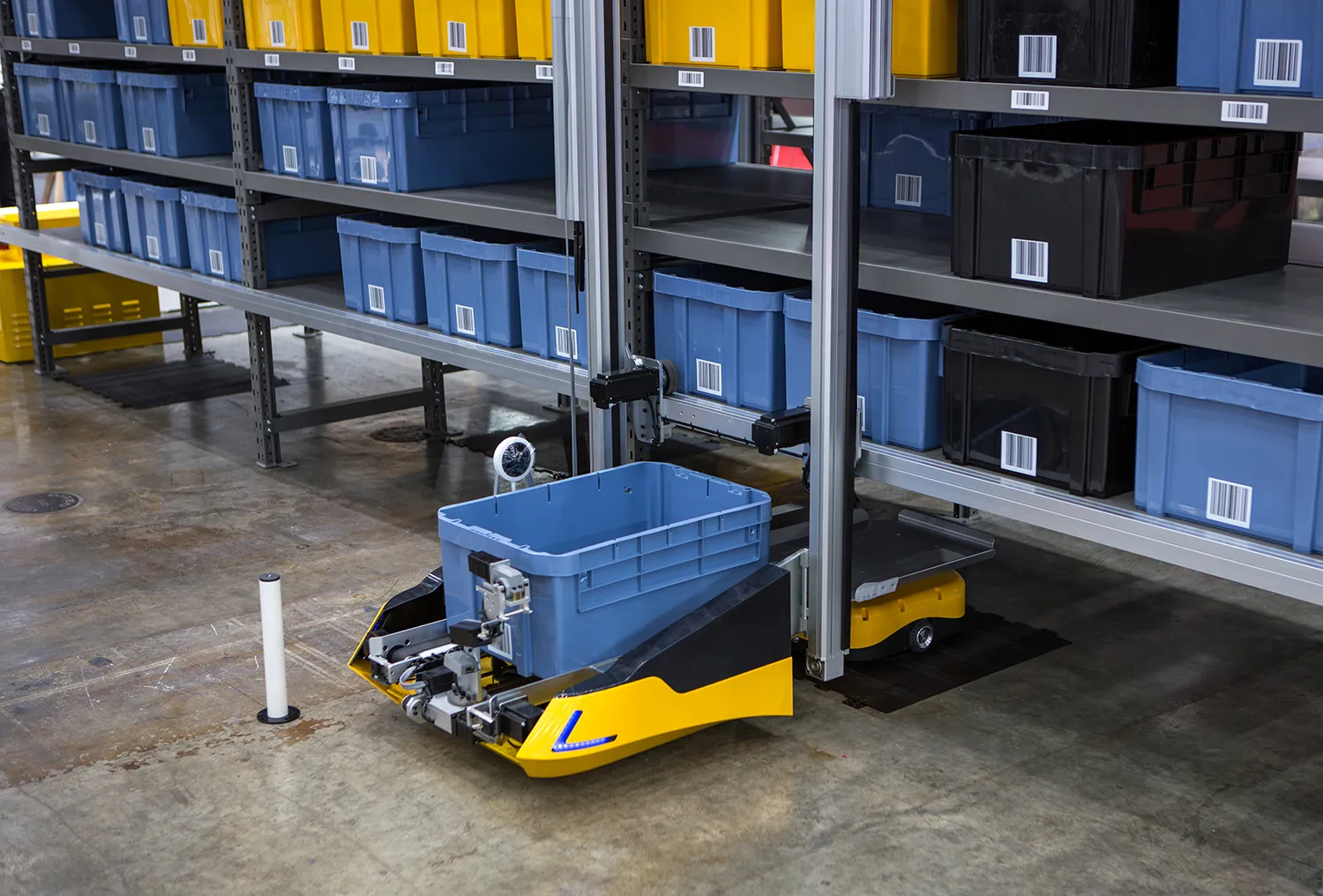
The facility is currently testing various automation solutions: autonomous mobile robots (AMRs) for transporting goods from storage to picking stations, forklift mobile robots (FMRs) for cargo movement, robotic arms for transferring boxes from conveyors to shipping pallets, and sorting robots.
Confident Moves in Logistics Robotics
The launch of mass production signals the shift from prototyping to industrial implementation, a development particularly relevant as Russia accelerates import substitution and strengthens technological independence. Domestic innovations are not only in demand but essential for advancing the nation’s logistics infrastructure.
Partnerships with major logistics and fulfillment players could act as a catalyst for rapid commercial adoption of Russian robots. Collaborations with federal operators, transport companies, and e-commerce platforms will allow real-world testing and boost trust in Russian technology. Successful automation case studies will inspire other companies, fueling demand and investment in robotics.
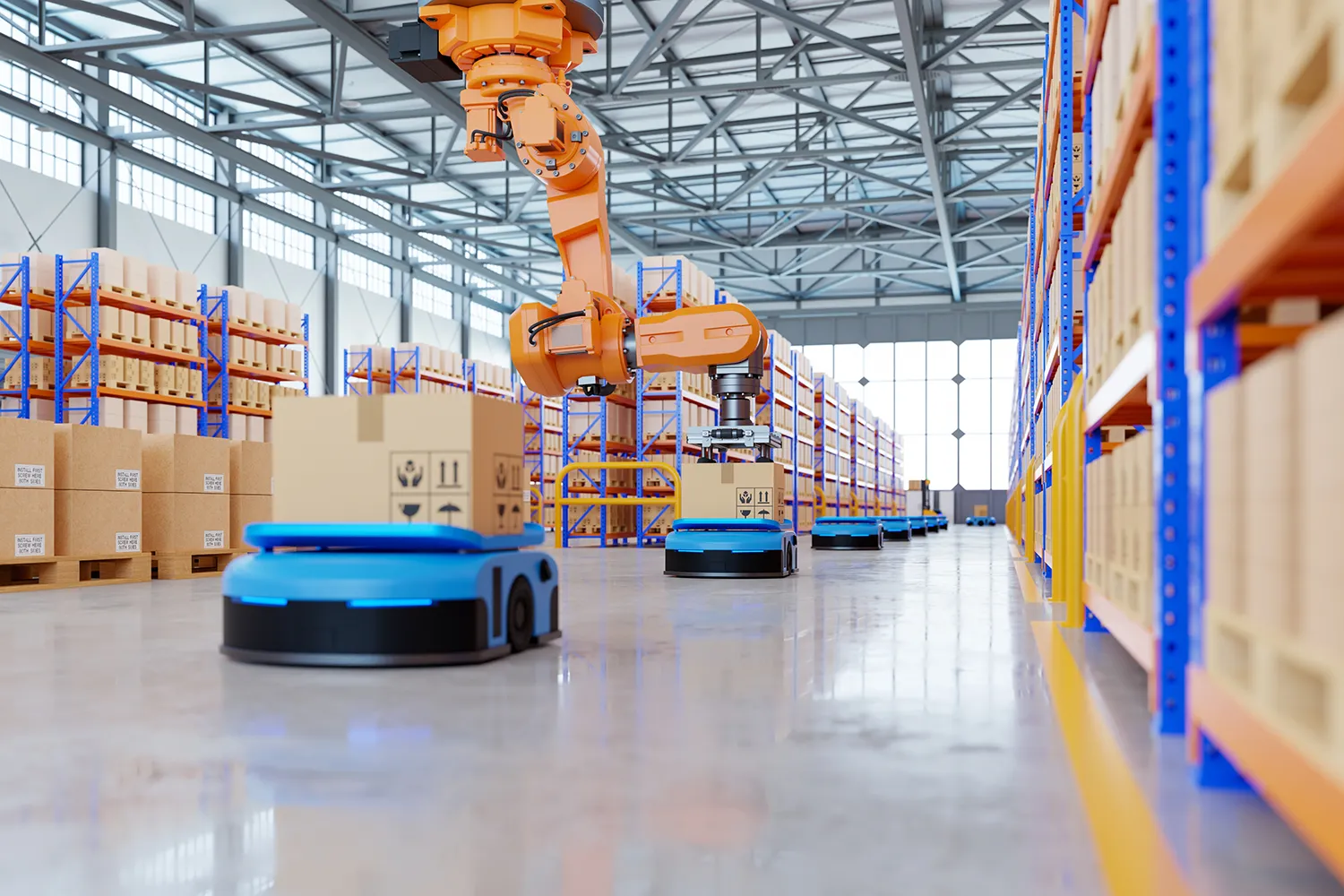
The Russian Market is Ready for a Technological Leap
For now, COMITAS is focusing on the domestic market. However, the modular and scalable robot platform offers a strong competitive advantage for future exports, particularly to CIS countries, the Middle East, and Asia—regions seeking reliable, adaptive, and technologically independent solutions.
In Russia, the drive toward automation is supported at both federal and regional levels. The Ministry of Industry and Trade, along with local governments, is promoting digital and robotic technologies, including funding for pilot projects. In 2025, state support for logistics and manufacturing robotics is expected to grow through import substitution programs and national digital economy projects.
Major retailers such as Ozon and Wildberries are already actively automating their distribution centers using mobile sorting robots, demonstrating the rising demand and market readiness for technological transformation.



